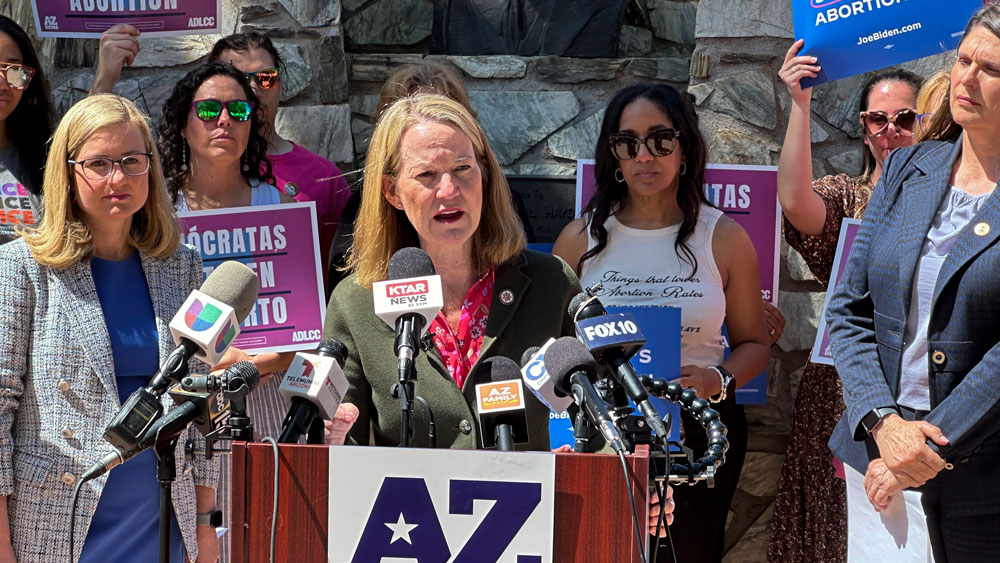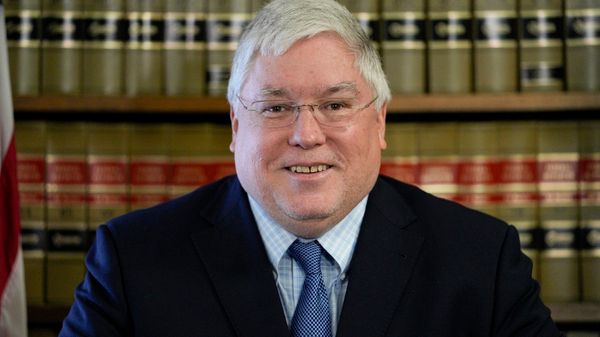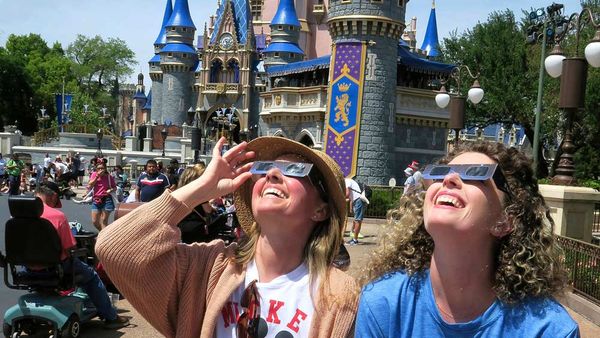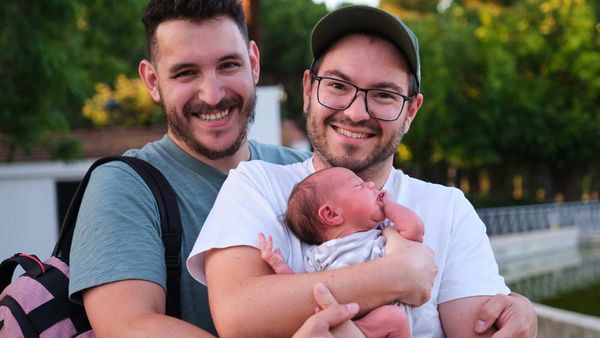
August 2, 2018
Why 'Housing First' Matters for People Living with HIV
READ TIME: 4 MIN.
Vivian K. has had a tough life, but then again, life has made her a tough woman. She grew up in a middle-income household and had a happy childhood until her parents separated when she was nine years old. Things went downhill from there. By 14 years old, she was selling sex.
"My mother was my first and only pimp," she says. "I worked to support her [drug] habit. Then eventually I worked to support my own."
Drugs, incarceration, and violence were a part of life as she hustled and scrapped to eke out a living in a hostile environment. Then in 1999, she was diagnosed with HIV. It was a year when resources were few and ignorance ran deep.
"I used to think people with HIV/AIDS looked a certain way until I got it," she says. "I was in denial for a long time. When the health department would come around to test working girls for HIV, I'd make a big deal about getting tested in front of the other girls just so they'd think I didn't have it."
Vivian joined a group of homeless people living with HIV in Winston Salem, North Carolina. "We banded together and slept under bridges. We took showers at the crack houses," she says. "Getting high became a way to escape the reality of being HIV positive." By 2001, her health had deteriorated, and her immune system was badly compromised. She was given a formal AIDS diagnosis. Still, she did not see a doctor for medication.
"When I was homeless the last thing I was thinking about was going to a doctor," she recalls. "I was thinking about what to eat, where to sleep, when to shower."
Vivian's experience with HIV and homelessness is not unique. Dozens of studies across the United States and Canada report that housing insecurity is a major barrier to accessing medical care for people living with HIV. It is also a major driver of chaotic drug use, which makes it difficult to reduce stress, maintain a balanced lifestyle and adhere to a medical regimen.
Vivian ended up connecting with an AIDS service program in Winston Salem that helped her find stable housing. Once housed, she was able to seek treatment for substance use and HIV. She started going to school, earning a Bachelors degree in Interdisciplinary Studies in 2010 from Winston Salem State University and a Masters in Drug Addiction Counseling in 2013 from Grand Canyon University. Her love of learning and helping others landed her a job at an assisted living facility in Wilmington, North Carolina, where she works helping elderly people with dementia. She is also a certified peer support specialist and life coach. In addition, her HIV viral load has been undetectable since 2005.
"I love my job. I love my life. I have been blessed," she says. "If I had a chance to do it over, I wouldn't change a thing. All my experiences have made me who I am today."
Strength and determination have helped Vivian live a healthy life with HIV, but so have housing programs and linkage to care services. Homelessness can exacerbate risky behaviors that lead to HIV, and once a person is diagnosed, lack of stable housing causes stress that often leads to poor health outcomes. Just ask Henry B., who was diagnosed with HIV in 1989 in Raleigh, North Carolina.
Henry graduated from Shaw University in Raleigh in 1979. "It was an exciting time to be alive," he says. "Integration was happening. People were getting high and sharing needles. I went wild and lost myself."
By the time his HIV diagnosis arrived, he was homeless, and ironically, earning money to buy illicit drugs from pharmaceutical companies.
"I would do drug trials for companies trying to test a new product," he says. "Researchers would come around to areas with a lot of drug users and pay us to test their drugs. We were human experiments."
Henry struggled for years with homelessness. In 2007 he moved to Wilmington and connected with programs in the area that help people living with HIV find housing and other services. With a roof over his head, he was able to work on other aspects of his life such as health and employment.
"I love working with the elderly," says Henry, who now works for the New Hanover County Senior Resources Center. "When I see [elderly people], I feel like I am seeing myself in the future. I listen to their stories. When I die, I want to go gracefully like them."
One of the programs that helped connect Henry and Vivian to jobs and housing was BRIDGES of Wilmington. Voni Goodson-Simpson founded BRIDGES in 2007 to provide case management services to people living with HIV. She understands the critical role that housing plays in wellness. "I would love to offer housing someday through BRIDGES," she says. Currently, the program can only refer clients to housing through other providers. "We also want to offer harm reduction services and case management for people with hepatitis C."
BRIDGES is located next door to the North Carolina Harm Reduction Coalition, a nonprofit that prevents HIV transmission by providing sterile syringes to people who use drugs. Henry and Vivian are volunteers with NCHRC. Both organizations understand the importance of a holistic approach to managing factors like HIV, substance use, mental health, and homelessness. It is hard to make improvements in one area without making improvements in the others. But to help people living with HIV manage the disease and live gracefully, housing must come first.
This article appears courtesy of AIDS United and the North Carolina Harm Reduction Coalition.







